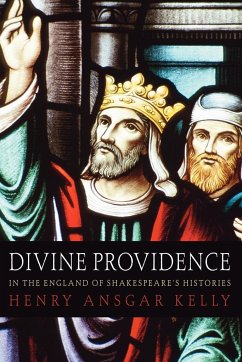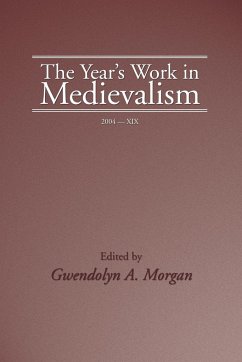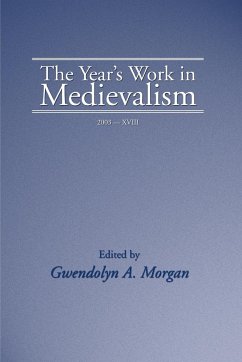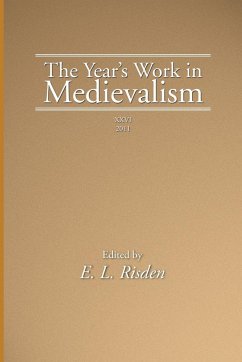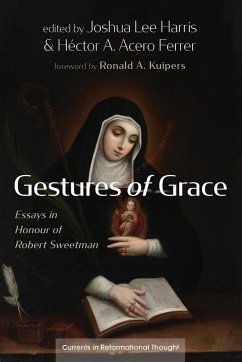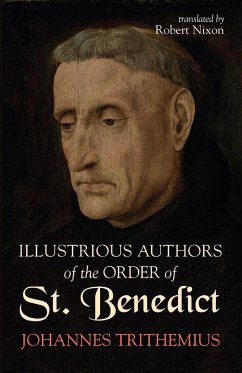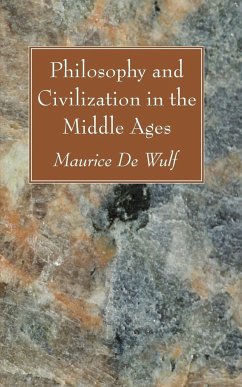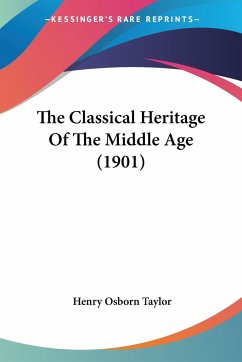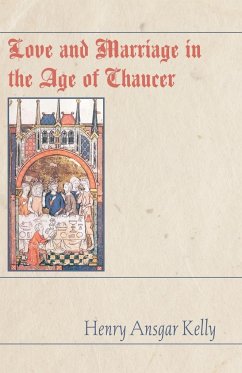
Love and Marriage in the Age of Chaucer

PAYBACK Punkte
17 °P sammeln!
Spicing erudition with wit, Professor Kelly takes a new look at medieval attitudes toward love, sexuality, and marriage, and he corrects a number of long-standing misconceptions embodied in the concept of courtly love. Through a close examination of canon law, the common practice of clandestine marriage, writings on mysticism, and medieval poetry - particularly Gower's 'Confessio amantis' and Chaucer's romances and their sources - he concludes that medieval lovers favored matrimony and did not consider sexual passion incompatible with virtue. His evidence contradicts the theory, closely associ...
Spicing erudition with wit, Professor Kelly takes a new look at medieval attitudes toward love, sexuality, and marriage, and he corrects a number of long-standing misconceptions embodied in the concept of courtly love. Through a close examination of canon law, the common practice of clandestine marriage, writings on mysticism, and medieval poetry - particularly Gower's 'Confessio amantis' and Chaucer's romances and their sources - he concludes that medieval lovers favored matrimony and did not consider sexual passion incompatible with virtue. His evidence contradicts the theory, closely associated with C.S. Lewis, that extramarital love was preferred in the Middle Ages, and that the sexual pleasures celebrated by poets were necessarily regarded as immoral by society at large. By placing religious and cultural conventions in their proper context, Professor Kelly shows that the hopes and fears of medieval lovers were much the same as those of lovers of all other ages.




